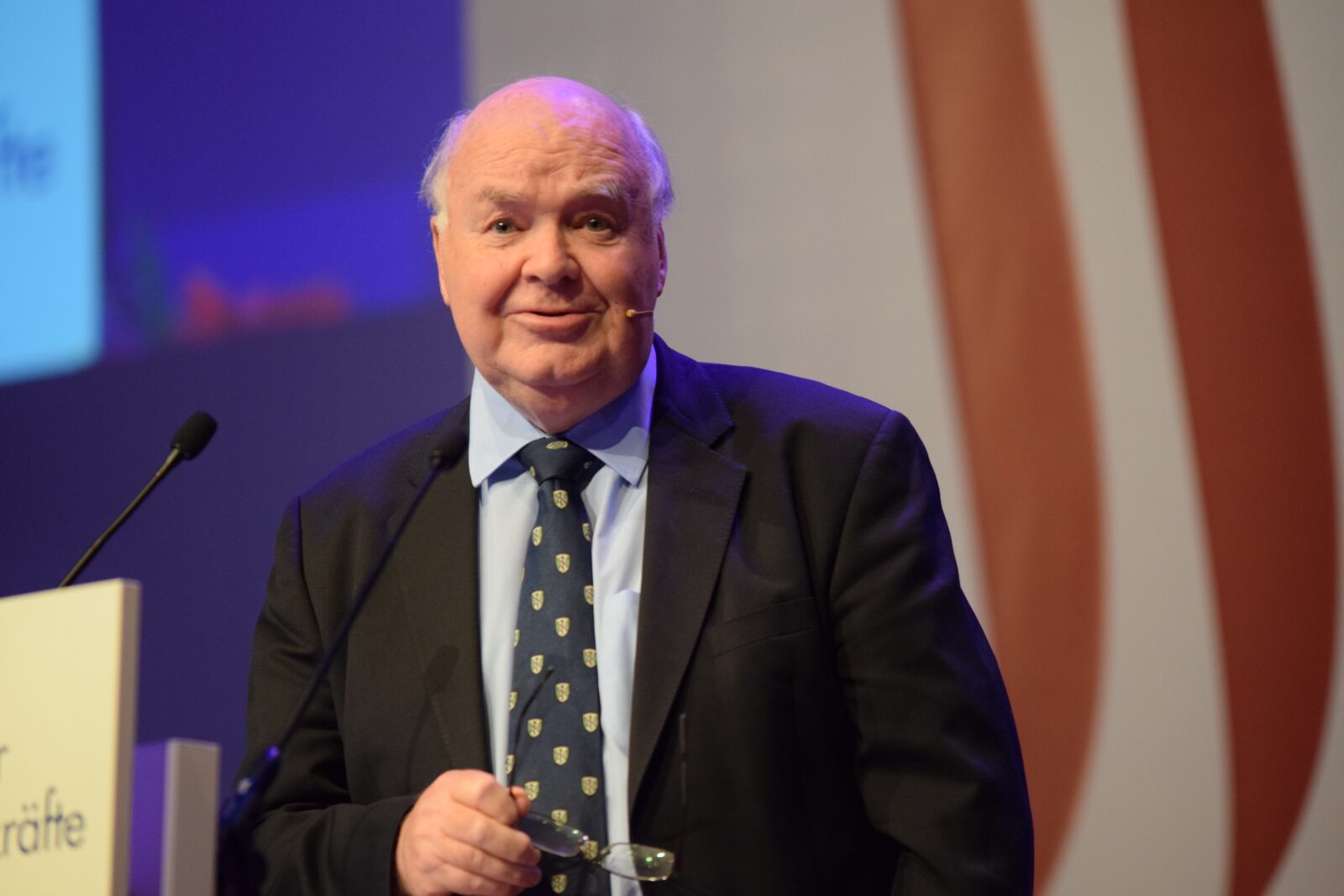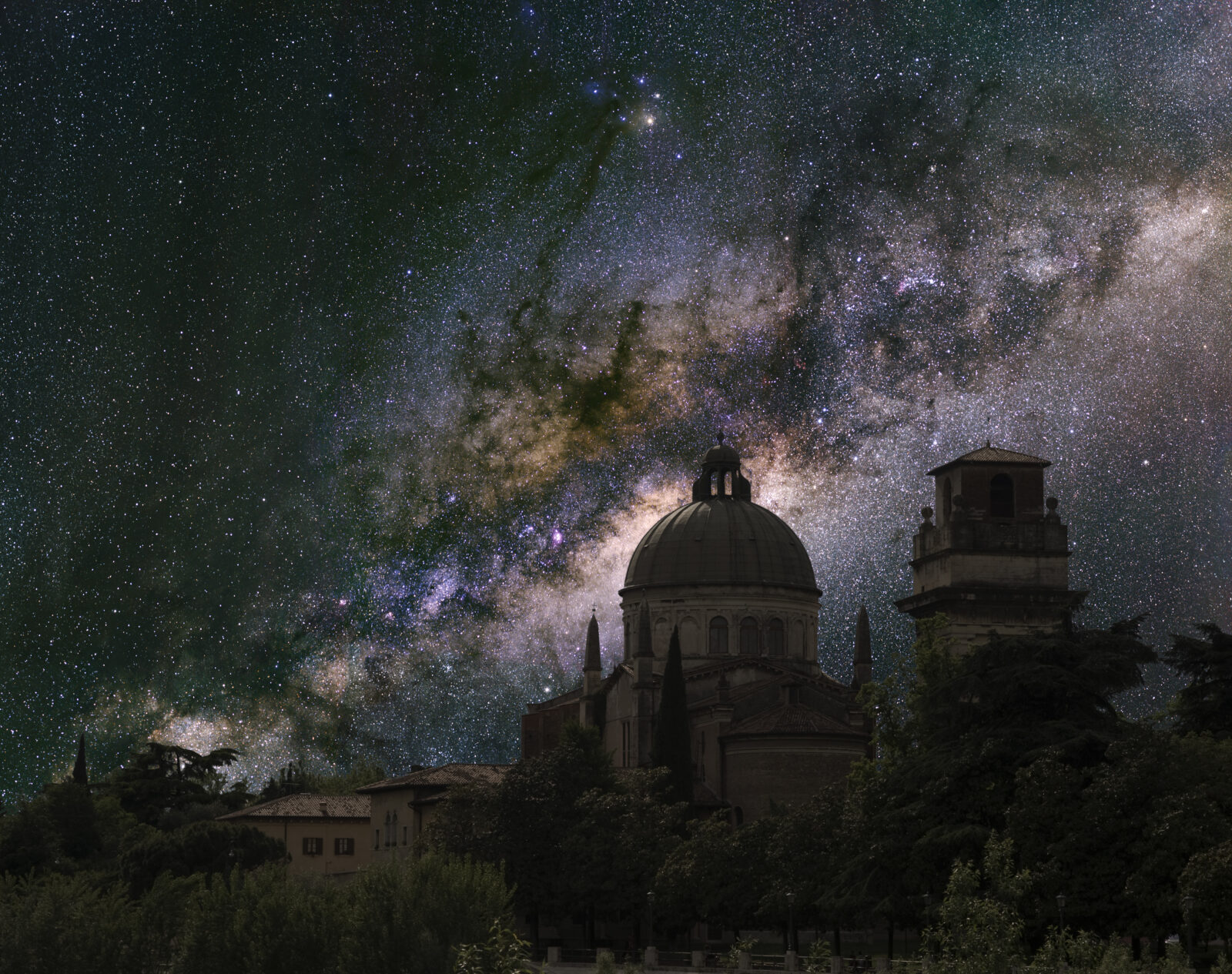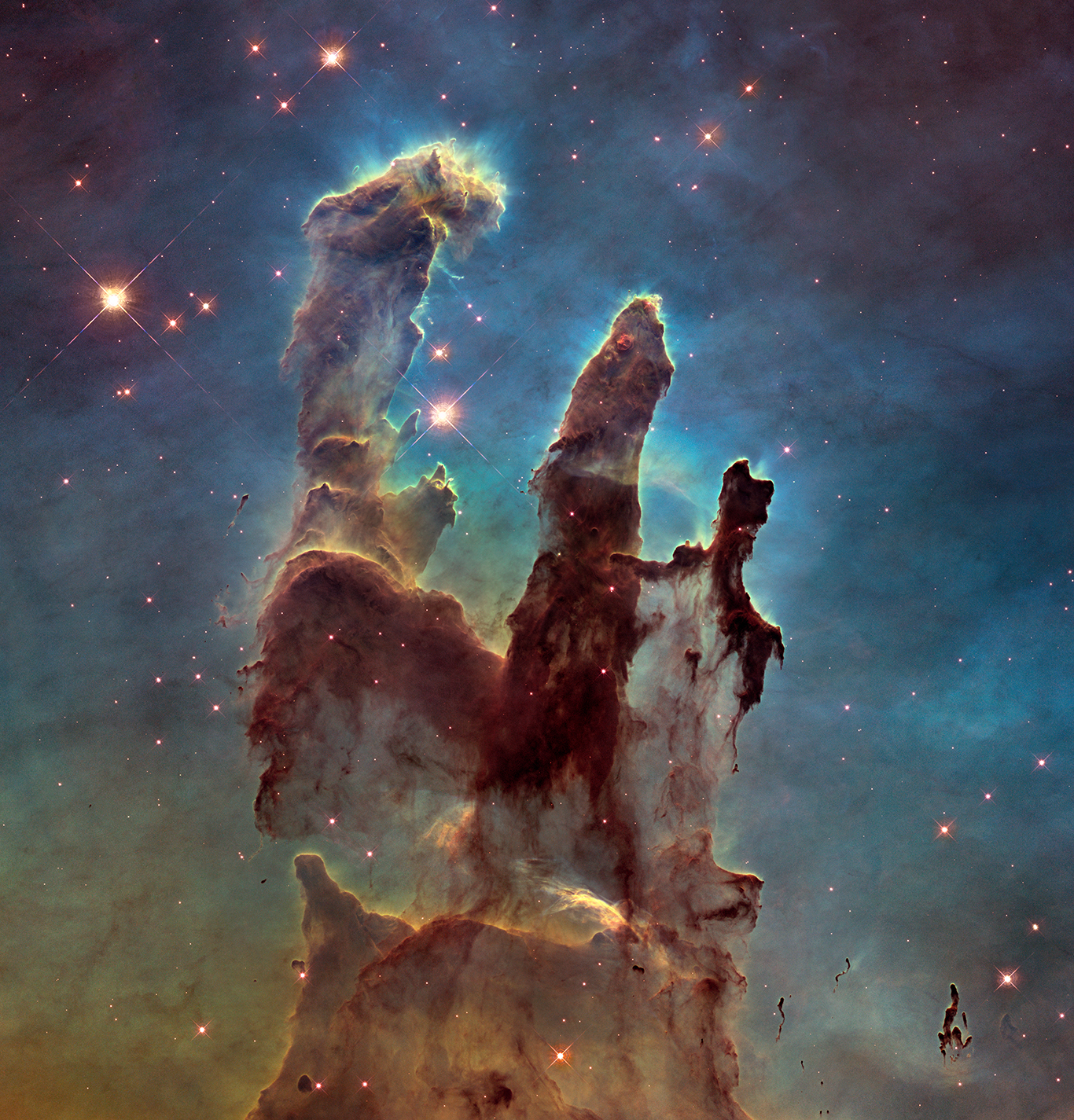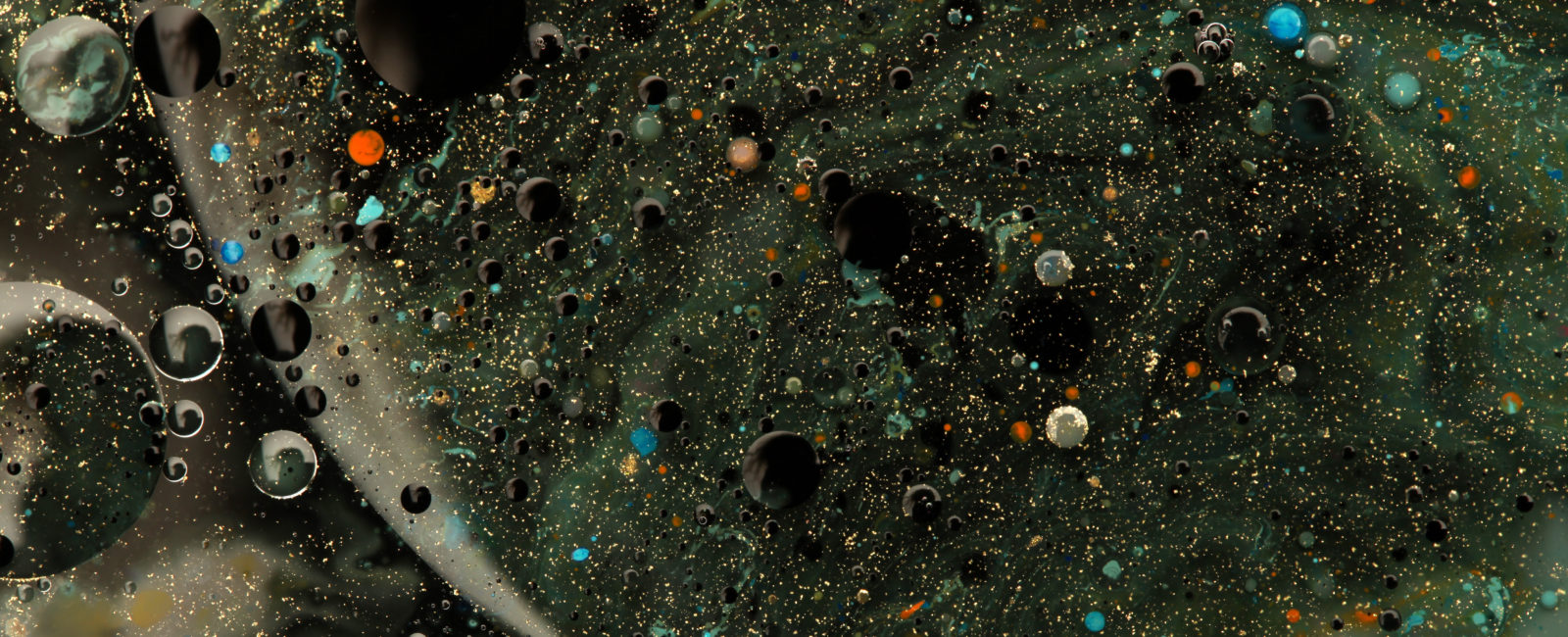


Carl Sagan Wrong about “Pale Blue Dot,” Says Astrobiologist

Against the Tide: John Lennox and Stephen Meyer

How Modern Science Strengthens the Claims of Theism

How Faith Can Improve Rigor and Creativity in Scientific Research

Stephen Meyer: Has the West Forgotten God?
In today’s ID the Future philosopher Stephen Meyer revisits Aleksandr Solzhenitsyn’s Templeton Prize speech from May 10, 1983, where Solzhenitsyn indicted the West for forgetting God. Meyer argues that Solzhenitsyn’s indictment is more timely than ever. But at the same time, there is today more scientific evidence than ever for the existence of a personal God, Meyer says, and the argument from intelligent design is a powerful means to awaken individuals to the presence of God and to renew culture. Meyer goes on to support those claims with concrete examples. Today’s episode is taken from a talk Dr. Meyer gave at the 2023 Dallas Conference on Science and Faith. Meyer is author of the bestselling book Return of the God Hypothesis: Three Scientific Discoveries that Reveal the Mind Behind the Universe.

A Privileged Place for Life and Discovery
On this ID the Future host and geologist Casey Luskin continues his conversation with astrobiologist Guillermo Gonzalez about the many ways Earth’s place in the cosmos is fine tuned for life. In this second half of their conversation, Gonzalez zooms out to discuss the galactic habitable zone and the cosmic habitable age. Luskin says that the combination of exquisite cosmic and local fine tuning strongly suggests intelligent design, but he asks Gonzalez whether he thinks these telltale clues favor theism over deism? That is, does any of the evidence suggest a cosmic designer who is more than just the clockmaker God of the deists who, in the words of Stephen Dedalus, “remains within or behind or beyond or above his handiwork, invisible, refined out of existence, indifferent, paring his fingernails”? Gonzalez answers in the affirmative, but the reasons he offers for this conclusion may surprise you. Tune in to hear his answer. This two-part interview was occasioned by Gonzalez’s essay in the newly released book Science and Faith in Dialogue, available for free here. Part 1 of the interview is here. And Gonzalez’s book, The Privileged Planet, is available here.

Tom Holland, Stephen Meyer, Douglas Murray: God and the West
On today’s ID the Future, Uncommon Knowledge host Peter Robinson talks with historian Tom Holland, journalist Douglas Murray, and philosopher of science Stephen Meyer about the decline of theistic faith in the West. Here in Part I of the conversation, the men consider possible causes for the decline of theistic faith. According to Meyer the decline has occurred in the face of increasing scientific evidence for the existence of God. So what gives? Tune in to hear their stimulating exploration of the question, and what each sees as the appropriate response. This material is used by permission of Peter Robinson and the Uncommon Knowledge podcast.

Astrophysicist Bijan Nemati on Why Intelligent Design Matters
On today’s ID the Future, astrophysicist and intelligent design proponent Bijan Nemati shares the first part of his story of science and faith. Those who follow Discovery Institute’s Center for Science and Culture may know Nemati from his appearance in the popular ID documentary The Privileged Planet. Born and raised in Iran, he moved to the United States shortly before the Iranian revolution, became an atheist in college, but eventually found his way to a strong religious faith, in part through his exposure to the scientific evidence for intelligent design, first in biology and then in cosmology. Along the way he landed a high-level job with NASA’s Jet Propulsion Laboratory (JPL) and became a leading expert in space interferometer telescopes and the science and technology of detecting earth-like planets. Tune in as he shares with host Eric Anderson his journey of discovery.
